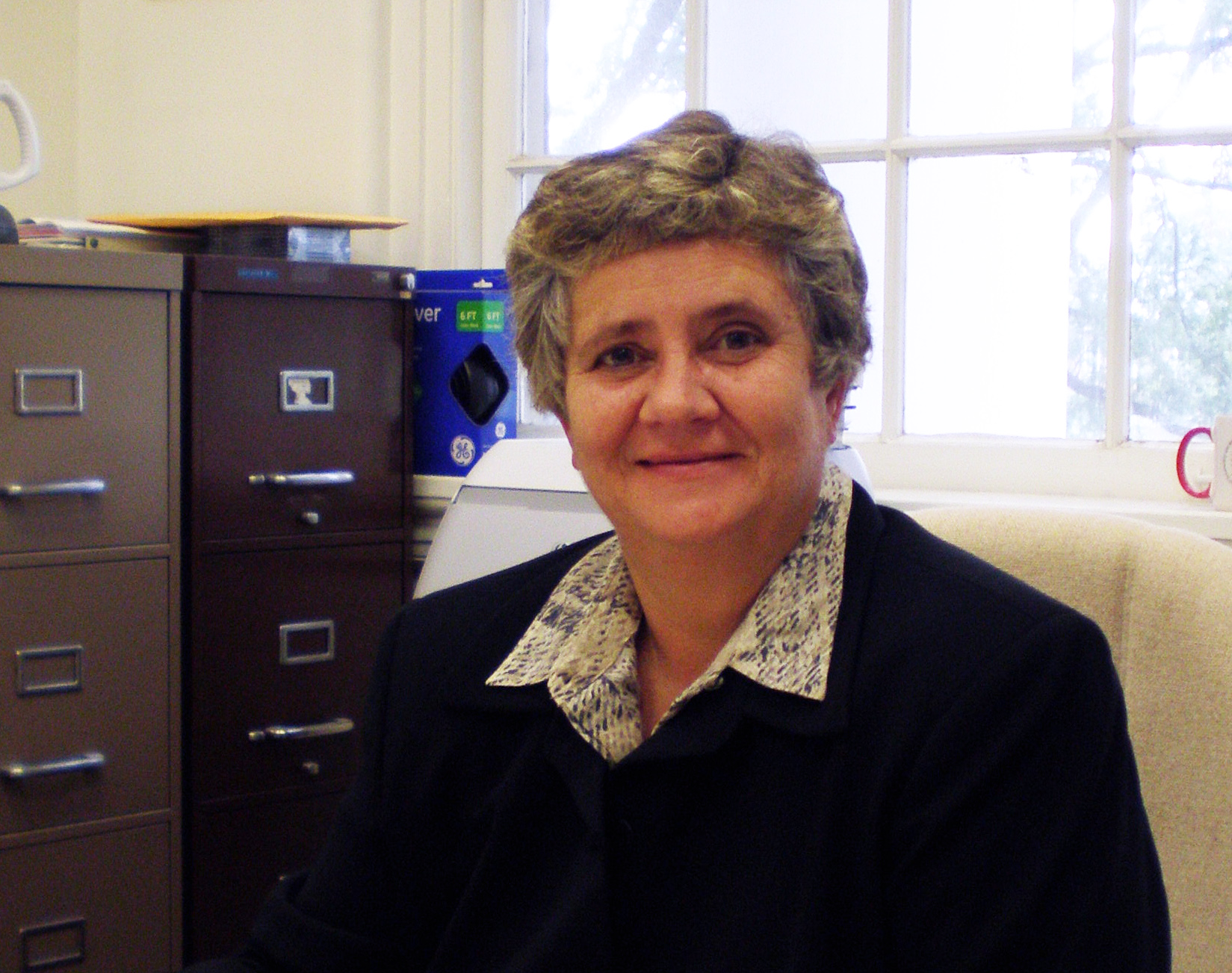Nancy Struna

Research Expertise
Race/Ethnicity
Gender
Everyday Life
Nancy L. Struna is ProfessorEmerita. She also has affiliate faculty appointments in the department of Women‚s Studies (for whom she has chaired a dissertation), African American Studies, and History; the Lesbian, Gay, Bisexual, and Transgender Program; and the Consortium on Race, Gender and Ethnicity. She began her academic career as a social historian of sport, leisure, and work, published widely (including the book,People of Prowess: Sport, Leisure, and Labor in Early Anglo-America), and earned an international reputation. Like many scholars in American Studies, she has since shifted her questions, and her current work and interests fit neatly within both of the Department‚s intellectual themes. With a strong theoretical bent, she focuses on cultural production, the body and sexuality, agency and power in everyday life, citizenship, and constructions of race, class, gender, and sexuality in both early and contemporary Americans‚ experiences. She is currently working on a book entitledTransforming the Ordinary: Taverns and the Construction of Citizenship in Baltimore, Maryland, 1750-1820, which explores the material realities and ideological formations, including citizenship, that ordinary people in the course and relations of everyday life experienced and negotiated in the most ordinary of early American institutions, taverns. In 2004-05 she won the first Lord Baltimore Research Fellowship at the Maryland Historical Society in support of this work. Projects for the future will explore the same themes (cultural production, agency and power, and dimensions of identity in everyday life) while focusing on more recent and contemporary social practices and cultural phenomena. Nancy teaches courses on the body, sexuality and society (grad); history and theories in American Studies (grad); and popular culture (undergrad & grad).
Research Areas
- Everyday Life
- Gender Studies
- Cultural Production
- Sport and Leisure
- Labor
- History
Education
- Ph.D. Sport History (University of Maryland, 1979)
- B.S. American History & Physical Education (University of Wisconsin, 1972)
Select Publications
- People of Prowess: Sport, Leisure and Labor in Early Anglo-America Urbana: University of Illinois Press, 1996.
- ‚The Prostitute, Liberty/Columbia, and the Sportsman: Counter-Identities and the Body in the Early National U. S.‚ (forthcoming).
- ‚Reframing the Direction of Change in Sport History,‚ International Journal of Sport History 18 (December 2001):1-15.
- ‚The Economic and Ideological Grounds for the Gendering of Sport in Early America,‚ Stadion 21 (August 2001):1-11.
- ‚Social History and Sport.‚ In Jay Coakley and Eric Dunning, eds.,Handbook of Sports Studies. London: Sage Publications, 2000, pp. 187-203.
- ‚Gender and Sporting Practice in Early America, 1750-1810.‚ In Steven W. Pope, ed., The New American Sport History. Urbana: University of Illinois Press, 1996, pp. 147-72.
- ‚Sport and the Awareness of Leisure.‚ In Cary Carson, Ronald Hoffman, and Peter Albert, eds., Of Consuming Interests: The Style of Life in the Eighteenth Century. Charlottesville: University Press of Virginia, 1994, pp. 406-43.
- ‚The Recreational Experiences of Early American Women.‚ In Margaret Costa and Sharon Guthrie, eds., Women in Sport.Champaign, Ill.: Human Kinetics Publishers, 1994, pp. 45-62.
- ‚Dominant and Subordinate Physical Cultures in Early America.‚ In Leena Laine, ed., On the Fringes of Sport. Sankt Augustin, Ger.: Academia Verlag, 1993, pp. 113-32.
- ‚The Labor-Leisure Relationship in Stuart England and Its American Colonies,‚ Magazine of History 7 (Summer 1992):15-18.
- ‚Sport and Society in Early America,‚ International Journal of Sport History 5 (December 1988): 292-311.
- ‚The Formalizing of Sport and the Formation of an Elite: The Chesapeake Gentry, 1650-1720s,‚ Journal of Sport History 13 (Winter 1986): 212-34.

